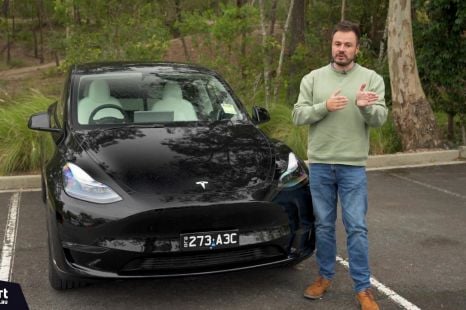

Paul Maric
This Tesla self-drove me 50km to Bunnings on its own (almost)
6 Days Ago
Many auto brands now offer extended warranties in Australia on the condition of servicing with the manufacturer’s dealers, but is this legal?

Deputy News Editor
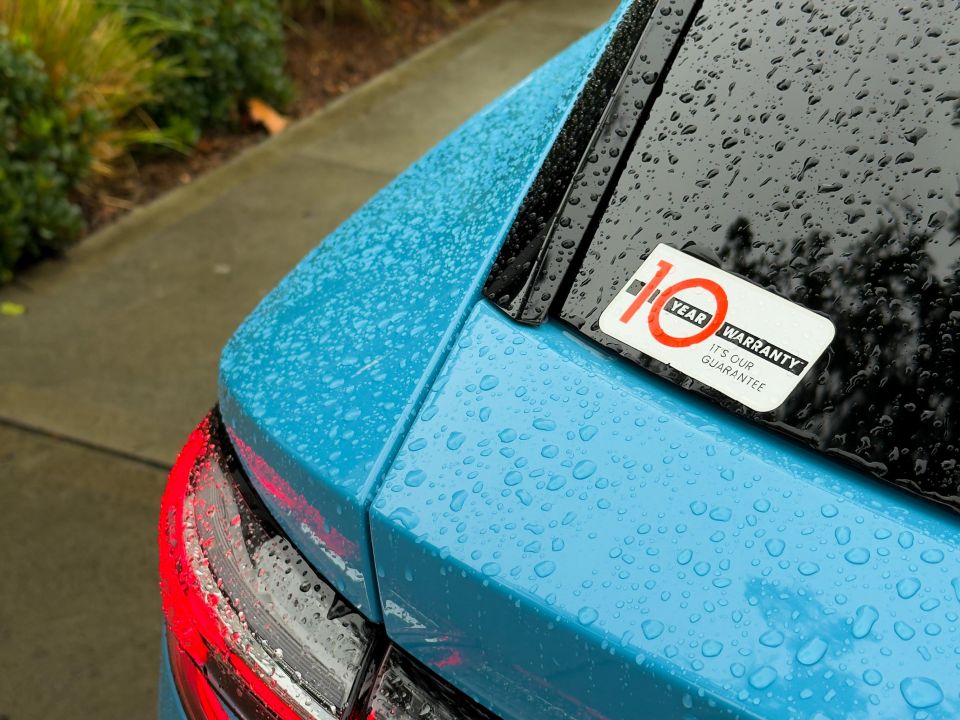

Deputy News Editor
More auto brands in Australia are offering extended new-vehicle warranties on the condition that owners have their cars serviced only by official dealership workshops.
MG is the latest brand to force customers to service their vehicle within its own dealer network to receive the Chinese brand’s full 10-year/200,000km warranty, which was implemented in August 2024 without such a condition.
For vehicles purchased from July 1, 2025, if customers don’t service their vehicle at an MG dealership, they only receive the brand’s standard seven-year, unlimited-kilometre warranty.
MG recently also announced a reduced seven-year/200,000km warranty for private buyers of its commercial vehicles including the upcoming MG U9 dual-cab ute – due on sale in Australia later this year – and only a five-year, unlimited-kilometre warranty for customers who choose to service their vehicle elsewhere.
This drops further to five years or 160,000km (once again whichever comes first) if the U9 is being pressed into commercial use.
Similarly, Nissan and Mitsubishi also offer 10-year extended warranties for their new vehicles on the condition that buyers service the vehicle at their respective brands’ dealerships (limited to 300,000km by Nissan and 200,000km by Mitsubishi).
Hundreds of new car deals are available through CarExpert right now. Get the experts on your side and score a great deal. Browse now.

Owners who service elsewhere are only offered a five-year warranty, with Mitsubishi’s standard warranty also limited to 100,000km but Nissan’s stipulating no mileage limit.
However, the practice is perfectly legal, according to the Australian Competition and Consumer Commission (ACCC).
“Manufacturer warranties can come with conditions, such as conditions on servicing or repairs,” an ACCC spokesperson told CarExpert.
“Manufacturers may offer such warranties as a selling point to differentiate the products they are selling.”
Such conditions can only be deemed illegal if they are anti-competitive – something Mitsubishi ensured would not be the case when it introduced its 10-year ‘Diamond Advantage’ warranty in 2020.
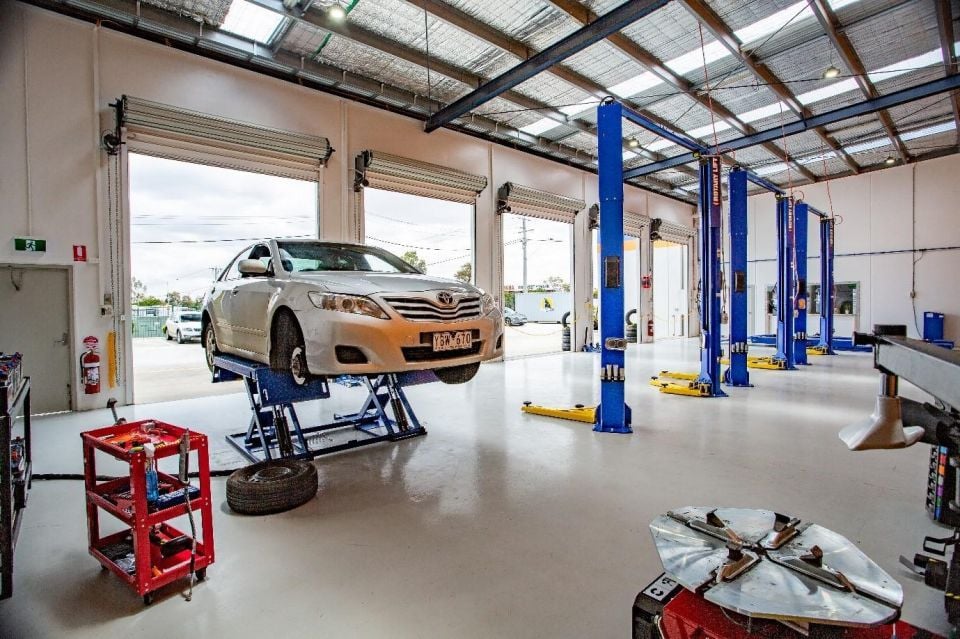
The automaker applied for an exemption from the ACCC, which evaluated Mitsubishi’s warranty conditions, definition of servicing centres and whether the conditions were anti-competitive.
The ACCC deemed Mitsubishi’s extended warranty is not anti-competitive, enabling Mitsubishi to offer it to consumers and remain protected from legal action by the ACCC’s ‘exemption’.
It gives the manufacturer the right to not offer a longer warranty unless its chosen conditions – in this case servicing – are met.
“Warranties are extra promises that a business can choose to make on top of the consumer guarantees,” said an ACCC spokesperson.
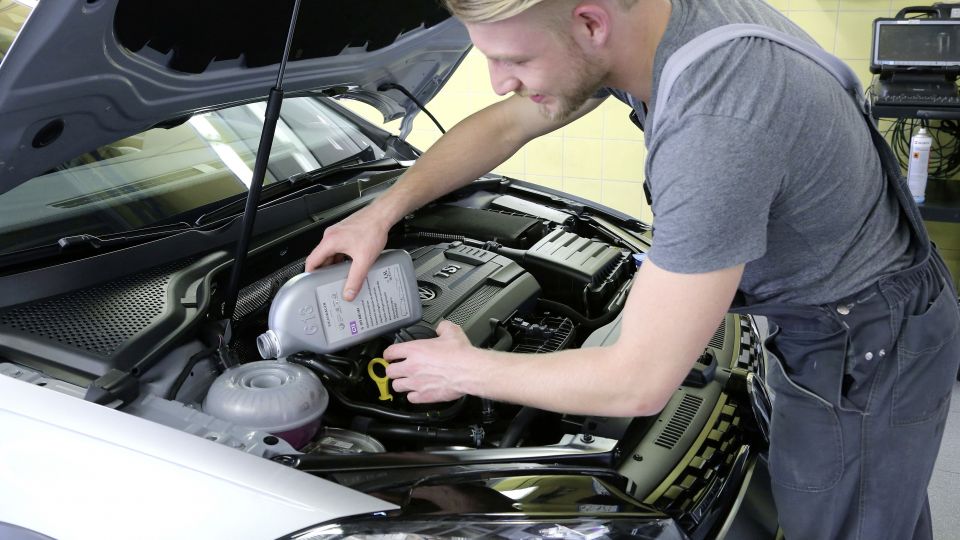
However, both standard warranties and extended warranties – whether customers pay extra for them or they’re attached to servicing conditions – are separate from the ‘automatic guarantees’ that protect buyers under Australian Consumer Law (ACL).
This means auto brands can include the condition of servicing with their extended and even standard warranties, without any impact on consumer rights even if the vehicle is serviced by an independent workshop.
“Under the Australian Consumer Law, when consumers buy products and services they come with automatic guarantees. These include that products are fit for purpose and are of acceptable quality,” said the ACCC.
The key point here is that ‘consumer guarantees’, as the ACCC describes them, are not the same as standard or extended warranties.
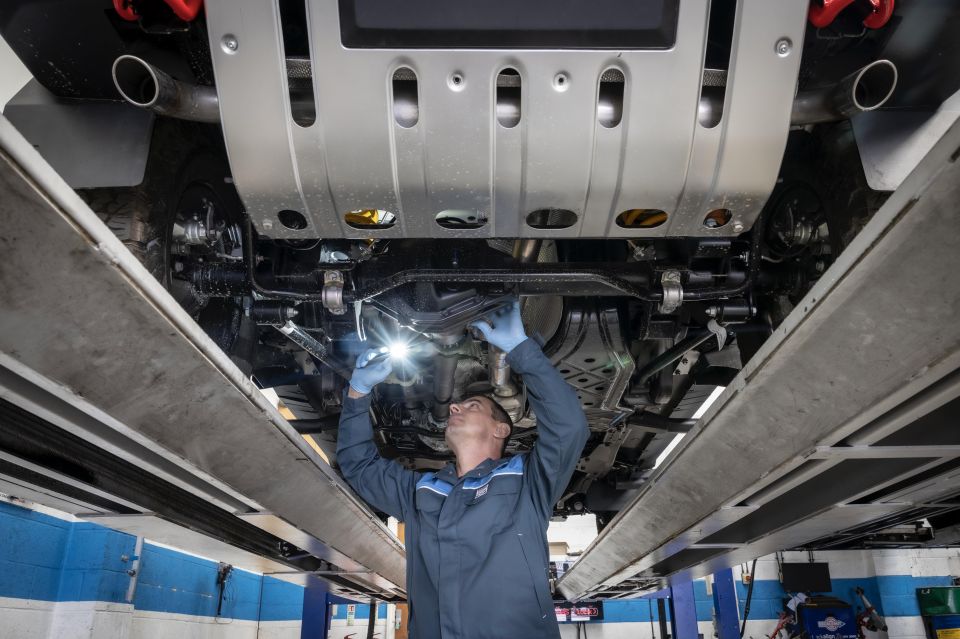
“Consumer guarantees are automatic and can’t be taken away,” says the ACCC. If they are, penalties can be enforced – including hefty fines.
Mazda Australia was fined $11.5 million in January 2024 after a Federal Court appeal was dismissed, because it was deemed to have failed to “apply the consumer guarantee provisions of the Australian Consumer Law”.
In 2018, Ford Australia was made to pay $10 million – the maximum fine possible at the time – for ‘unconscionable’ conduct towards customers who encountered faulty Powershift dual-clutch automatic transmissions in Focus, Fiesta and Mondeo vehicles.
The ACCC told CarExpert: “The consumer guarantees under the Australian Consumer Law may continue to apply after a manufacturer warranty period has expired, and regardless of whether an independent operator has serviced or repaired the product.”
MORE: Which brands offer the nest new car warranties in Australia?
Damion Smy is an automotive journalist with several decades of experience, having worked for titles including Car and Auto Express magazines in the UK, and Wheels and Motor magazines in Australia.


Paul Maric
6 Days Ago
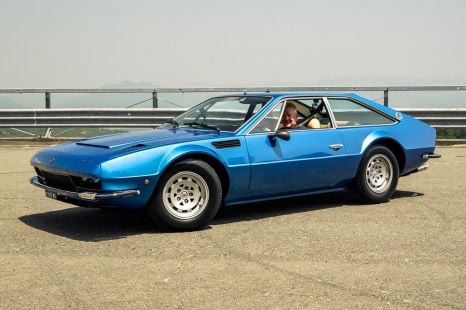

Anthony Crawford
5 Days Ago
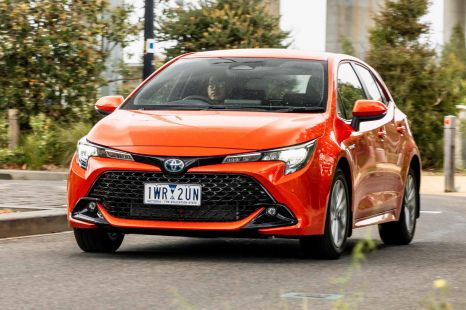

Max Davies
4 Days Ago


James Wong
3 Days Ago


James Wong
2 Days Ago
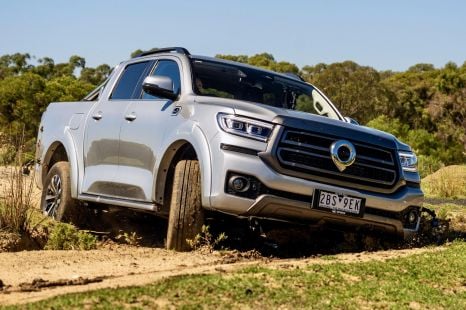

Max Davies
1 Day Ago